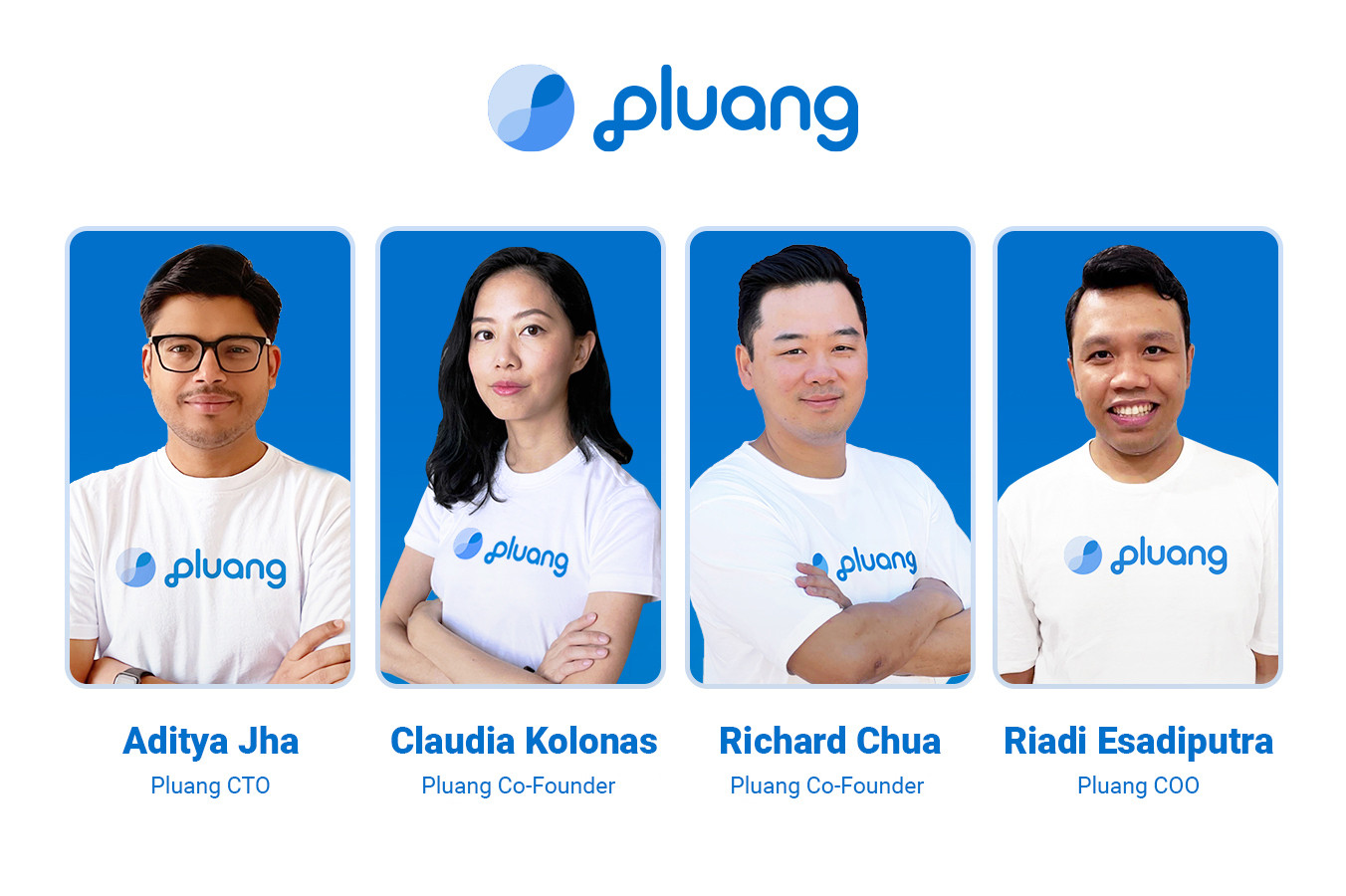Popular Reads
Top Results
Can't find what you're looking for?
View all search resultsPopular Reads
Top Results
Can't find what you're looking for?
View all search resultsGrowing pains of start-ups
This gap makes it difficult for Indonesia to build world-class start-ups because what matters is not only the quality, but also the quantity of the human capital to support the ecosystem.
Change text size
Gift Premium Articles
to Anyone
W
hile Indonesia is often deemed the largest start-up producer in Southeast Asia, the number of unicorns spawned in this country continues to fall behind Singapore.
At the same time, start-up founders here keep looking to the neighboring city state as the “Mecca” for attracting pre-seed and seed funding from foreign investors.
They think that because Singapore is a better financial center it makes it faster for them to go global by forcing their presence there to raise money. Is it true?
Citing CB Insight data, as of 2021, the number of start-ups in ASEAN with a valuation of over US$1 billion has reached 21 entities, comprising 17 unicorns and four decacorns.
The report also listed Singapore as the largest unicorn and decacorn producer in the region, with a total of 11 companies – eight unicorns and three decacorns.
Nonetheless, Indonesia is still touted as the largest start-up barn in the region with a total of 2,219 entities as of 2021. The archipelago is also listed as the world's fifth largest start-up producing country after the United States, India, the United Kingdom and Canada. That Indonesia lags behind Singapore, therefore, should raise many eyebrows.
The first reason, according to experts, is the lack of education for quality digital talents. This gap makes it difficult for Indonesia to build world-class start-ups because what matters is not only the quality, but also the quantity of human capital to support the ecosystem.
Second, local unicorns tend to only focus on the domestic market, if not the regional. Only a few dare to penetrate broader markets.
Third, the rupiah depreciation against the US dollar – which is used as the benchmark to determine a unicorn’s valuation – also impedes local start-ups from beating the $1 billion mark.
Fourth, Indonesians realized the importance of information technology for economic development just too late. This is because the human resources tend to concentrate on established industries such as heavy equipment, vehicles, insurance and banking.
However, producing unicorns is not the sole benchmark to determine the quality of the start-up ecosystem in a country. Especially because, from a bookkeeping perspective, a lot of, if not most, unicorns rely on “money-burning schemes” that hurt the overall funding climate.
Indonesian investors are also more focused on the seed-stage start-ups to centaurs, while also preferring to inject new players with “big names or actors” behind them, making it hard for little known newcomers to grab investors’ attention.
On the other hand, most Singaporean start-ups are more “combat ready” when going global, prompting venture capitalists in that country to focus on funding unicorns instead of centaurs.
The lack of venture capitalists in Indonesia with an interest in local unicorns is a major concern, on top of the issue of multiplication. Multiplication makes the value of early-stage start-ups much higher than it actually is, as the venture capital investment model is aimed at providing benefits to start-up companies with their own capital.
Meanwhile, unicorns are considered to have a high enough valuation level, making it difficult for venture capitalists to achieve multiples like when investing in the early stages.
At the end of the day, the growth of Indonesian start-ups will likely take more time to rival their Singaporean counterparts. Don’t forget that income per user in both countries is different, so people's spending and capital size are also major reasons behind the rapid growth of unicorns in the Merlion country.











